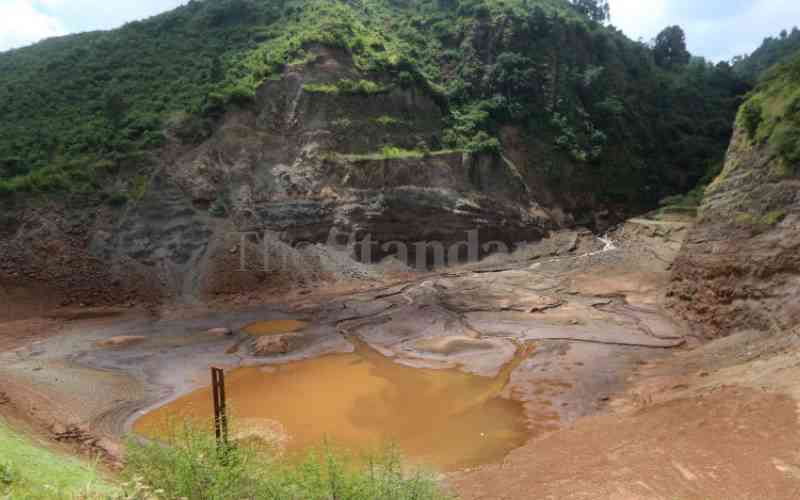×
The Standard e-Paper
Smart Minds Choose Us

Solai town isn't a place to hit headlines.
But on May 9, 2018 it stole the limelight after a dam at Solai Estate, owned by the Mansukh family, burst open, sending millions of gallons of water downstream. At least 47 people were killed.